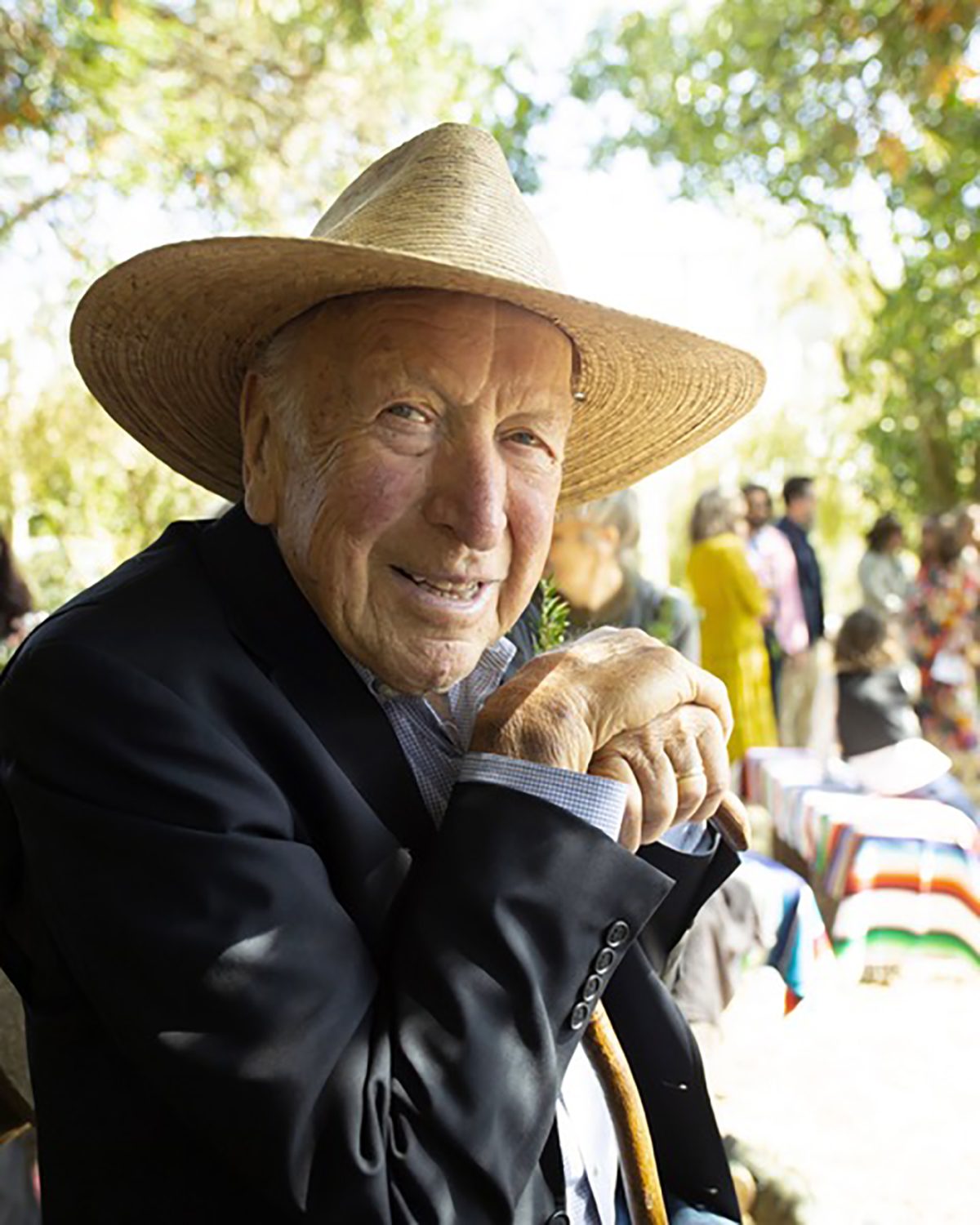Alvin Duskin, an accomplished entrepreneur and environmental activist who settled in Tomales in the 2000s, died on July 25. He was 90 years old. Alvin . . .
Alvin Duskin, world changer, dies at 90


Alvin Duskin, an accomplished entrepreneur and environmental activist who settled in Tomales in the 2000s, died on July 25. He was 90 years old. Alvin . . .